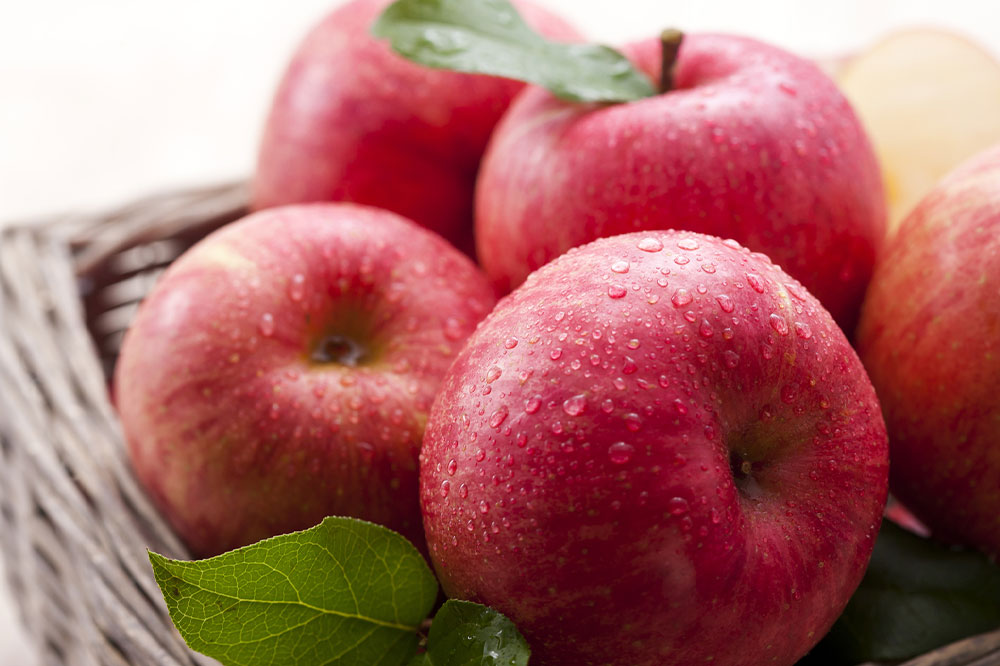Essential Nutritional Tips for COPD Management: Top 10 Recommended Foods
Discover the top 10 nutritious foods for COPD management, including high-calorie options, fiber sources, healthy fats, and vitamin D-rich foods. These dietary tips aim to boost energy, improve lung health, and support overall wellness in COPD patients, emphasizing small, nutrient-dense meals and hydration strategies.

Essential Nutritional Tips for COPD Management: Top 10 Recommended Foods
Chronic Obstructive Pulmonary Disease (COPD) encompasses a range of lung conditions, primarily chronic bronchitis and emphysema. Proper nutrition can significantly enhance energy levels and overall well-being in affected individuals. To combat weight loss and maintain strength, focusing on nutrient-dense small portions is vital. This article highlights key foods that can boost energy, support respiratory health, and alleviate COPD symptoms effectively.
Calorie-Dense Foods
Fatigue is common in COPD, necessitating high-calorie foods to sustain energy. Skip simple carbs like desserts; instead, choose protein-rich options such as lean meats, baked fish, poultry, and tofu to meet daily nutritional needs.
Oatmeal with Milk
Starting your day with oatmeal is a nutritious choice. Rich in fiber, iron, calcium, and vitamin A, oats are easy to digest and tasty when prepared with milk, offering a wholesome breakfast option.
Cheese
Incorporate cheese into your meals—such as with rice, vegetables, or potatoes—to increase caloric and calcium intake, promoting stronger bones essential during COPD treatment.
Dietary Fiber
Including fiber-rich foods like lentil soups, legumes, whole-grain bread, fruits, and vegetables supports digestive health and overall nutrition, which is vital for COPD patients.
Healthy Fats
Emphasize foods high in omega-3s and monounsaturated fats—such as fatty fish, avocados, nuts, eggs, and olive oil—to replace saturated fats and support cardiovascular health.
Zinc
Legumes, chickpeas, beans, and peas provide essential zinc, which can help improve COPD symptoms and boost immune function.
Hydration
Consuming non-caffeinated fluids helps thin mucus, easing lung clearance. Prioritize water, herbal teas, and broths to stay well-hydrated.
Milk
Milk provides calcium and vitamin D, aiding bone strength and weight gain. Drinking multiple servings daily can be beneficial for maintenance and recovery.
Nuts
High-calorie nuts are ideal for weight preservation in COPD patients with low BMI. Use them as snacks or in meals, but watch for saturated fats in processed products.
Vitamin D-Rich Foods
Adequate vitamin D is crucial in managing COPD. Include fatty fish like salmon, mackerel, and tuna, or consider supplements as recommended by healthcare providers to prevent deficiency-related worsening of symptoms.







